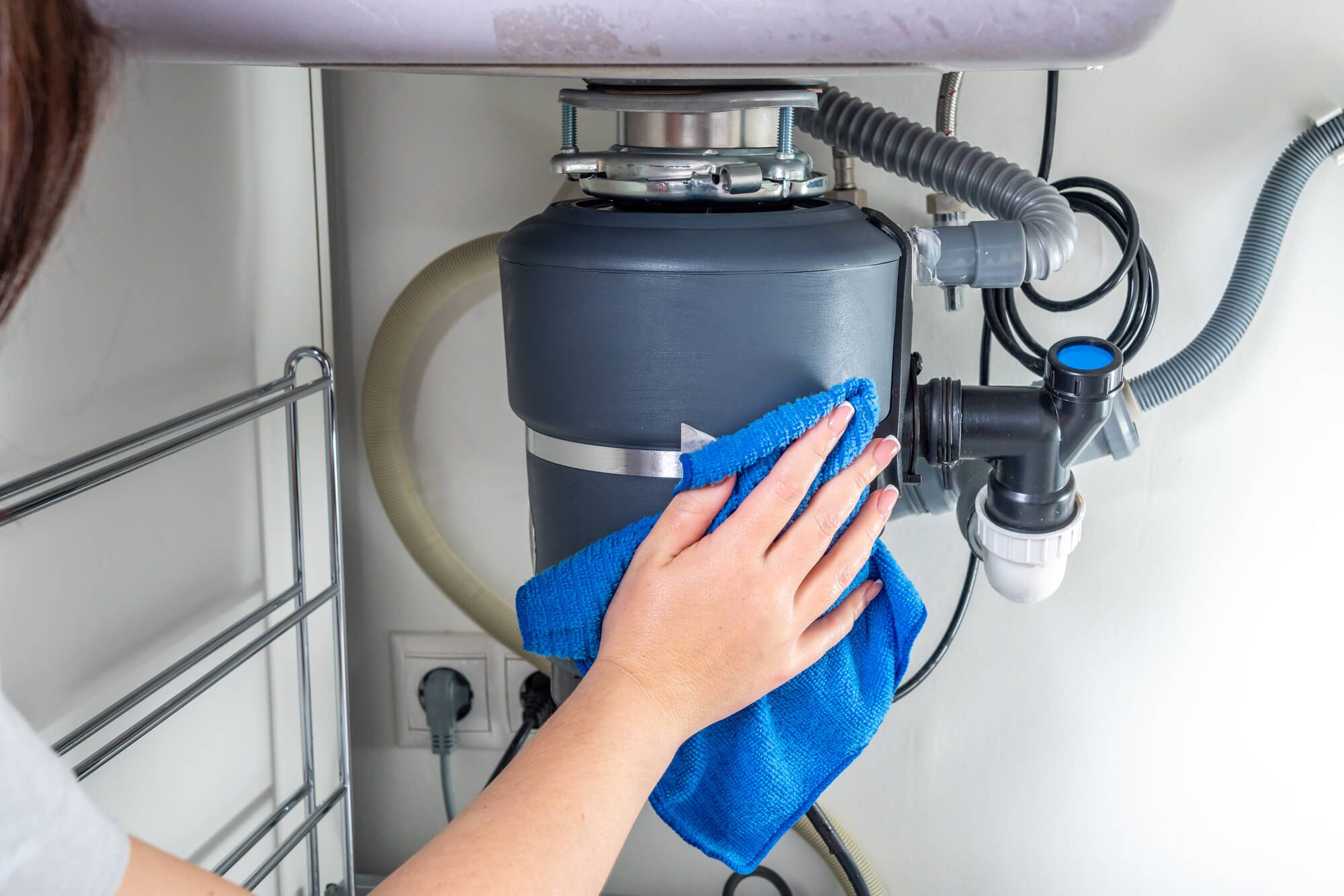Efficient Garburator Fixing Solutions to Keep Your Cooking Area Operating
Preserving an effective garburator is essential for ensuring your kitchen operates without disturbance. Common concerns such as blockages or unusual noises can interrupt this crucial device, leading to possible hassle and expensive repairs. What are the vital steps to avoid these concerns from escalating additionally?
Usual Garburator Issues
In lots of houses, garburators are necessary devices that help with the effective disposal of food waste. When this happens, the garburator may release uncommon sounds or cease procedure entirely.
An additional concern often reported is inadequate water drainage. This can stem from an accumulation of food fragments within the device or pipes, bring about possible backups and undesirable odors. Individuals might also experience irregular grinding efficiency, where food waste is not properly grated, resulting in obstructions further down the plumbing system.
Electric problems, such as burnt-out electric motors or malfunctioning electrical wiring, can avoid the garburator from operating correctly, demanding prompt interest. Recognizing these common garburator concerns can assist property owners maintain their appliances and make certain reliable procedure.
Basic Troubleshooting Steps
When garburator problems arise, it's essential to tackle the circumstance methodically to recover performance. Check the circuit breaker or fuse box to confirm that the garburator is not tripped or separated.
Following, check out for any noticeable obstructions. Transform off the power and utilize a flashlight to check into the disposal chamber (Garburator repair Toronto). If you see any foreign things, meticulously eliminate them utilizing tongs or pliers-- never utilize your hands.
If the garburator hums yet does not grind, there may be a jam. In this case, by hand rotate the impellers using an Allen wrench placed into all-time low of the system. This action can help liberate any kind of stuck particles.
DIY Repair Methods
A variety of DIY repair methods can properly deal with usual garburator problems without the need for expert aid. One prevalent trouble is a garburator that won't transform on.
Another regular issue is a garburator that grinds slowly or obstructions. To resolve this, first, switch off the device and disconnect the power. Utilize a hex wrench to manually revolve the grinding plate, removing any kind of debris. Furthermore, pouring a combination of baking soda and vinegar down the drainpipe can help damage down persistent food particles.
For undesirable smells, a simple remedy involves running citrus peels with the garburator. This not just refreshes the scent however also helps clean up the blades. Finally, routine upkeep, such as flushing the system with hot water and ice cubes, can keep the garburator in peak condition, ensuring it runs efficiently for several years to come.
When to Call an Expert
Choosing whether to deal with garburator concerns on your own or call a professional can be difficult. While numerous small issues can be solved with basic description DIY methods, there are particular scenarios that call for specialist treatment.

One more crucial aspect is the presence of leaks. It's best to consult a specialist to protect against more damages to your kitchen area if you observe water pooling around the base of your garburator or suspect a failing seal. Safety is also vital; if you feel uncomfortable dealing with electrical parts or plumbing, calling in a professional is a smart choice.

Maintenance Tips for Longevity

Making certain the longevity of your garburator requires constant maintenance and interest to detail. Normal cleaning is vital; consider utilizing a mix of ice and rugged salt to assist dislodge particles and hone the blades. Running cold water while operating the device will certainly likewise assist in clearing out food bits, preventing obstructions and undesirable smells.
In addition, be mindful of what you throw away in your garburator. Stay clear of fibrous materials such as celery and onion skins, in addition to starchy foods like pasta and rice, which can create clogs. Rather, focus on tiny, soft food you could check here scraps to decrease strain on the system.
Occasionally evaluate the garburator's parts for damage. Make certain that the rubber dash guard is intact and that the grinding chamber is devoid of build-up. If you see any kind of uncommon noises or smells, address these problems quickly to prevent additional damage.
Finally, think about running a maintenance option designed for garburators to aid damage down grease and odor-causing microorganisms. By sticking to these maintenance suggestions, you can significantly prolong the lifespan of your garburator, ensuring it remains a trusted component in your cooking area.
Conclusion
In verdict, maintaining an efficient garburator is crucial for optimal kitchen area performance. Adhering to maintenance tips will improve the durability and performance of the garburator, making sure an efficiently running kitchen setting.
Electrical problems, such as burnt-out electric motors or damaged electrical wiring, can prevent the garburator from functioning correctly, requiring prompt interest. Comprehending these common garburator problems can aid homeowners maintain their home appliances and make certain efficient operation.
A range of DIY repair techniques can effectively attend to common garburator issues without the demand for expert help. Toronto garburator repair. Normal upkeep, such as purging the unit with hot water and ice dices, can keep the garburator in peak problem, ensuring it runs effectively for years to come
If you discover water merging around the base of your garburator or believe a failing seal, it's ideal to seek advice from a specialist to avoid further damages to your cooking area.